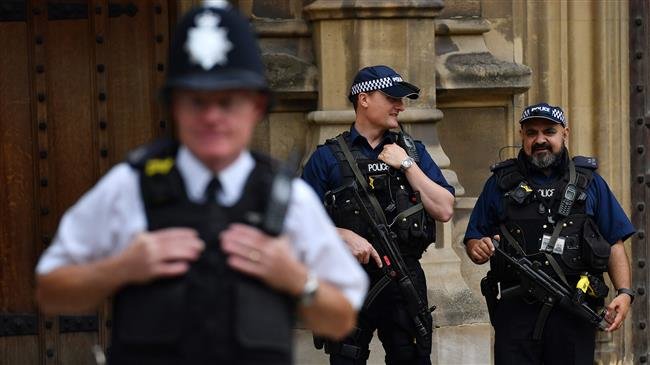
RNA - While black and ethnic minorities make up roughly 14 percent of the overall population of Britain, the representation of those communities within the police force has fallen short of what it should be, proportionally.
Concerns have already existed over many years about the experience BAME communities have with the police, including stop and search rates, treatment, and suspicious deaths in custody.
Many have argued that ensuring the police force truly reflects the diverse communities it exists to serve, would be one step in restoring trust and confidence with the police force.
The new figures however, will alarm among campaigners, reflecting a lack of progress despite repeated promises by successive governments.
Only 6 percent of officers were found to be non-white in a census taken last March, and 43 police forces in England and Wales, 5 had just 1 black officer.
Despite the fact that 6 percent of police officers being from a BAME background is actually an increased percentage, the figure still falls well short of targets set, over the last decade or more. Many also highlight an acute lack of BAME police officers at a senior level as a further failure of the police becoming more diverse and representative.
According to Press TV, Government cuts over many years are said to have severely impacted BAME officers, with non-white officers disproportionately dismissed compared to their white counterparts.
Data from across the 43 forces also showed a higher rate of resignations, including voluntary schemes, higher among BAME officers with 22 percent leaving the force in 2017 compared with 16 percent.
The last few years have also seen a fall in the number of BAME officers serving as community officers and special constables, roles which have traditionally had the highest numbers in their ranks.
Currently the Metropolitan Police has the highest number of BAME officers with 13.4 percent of staff identifying as BAME. The West Midlands force as having the second highest number of BAME officers at 9.3 percent.
847/940